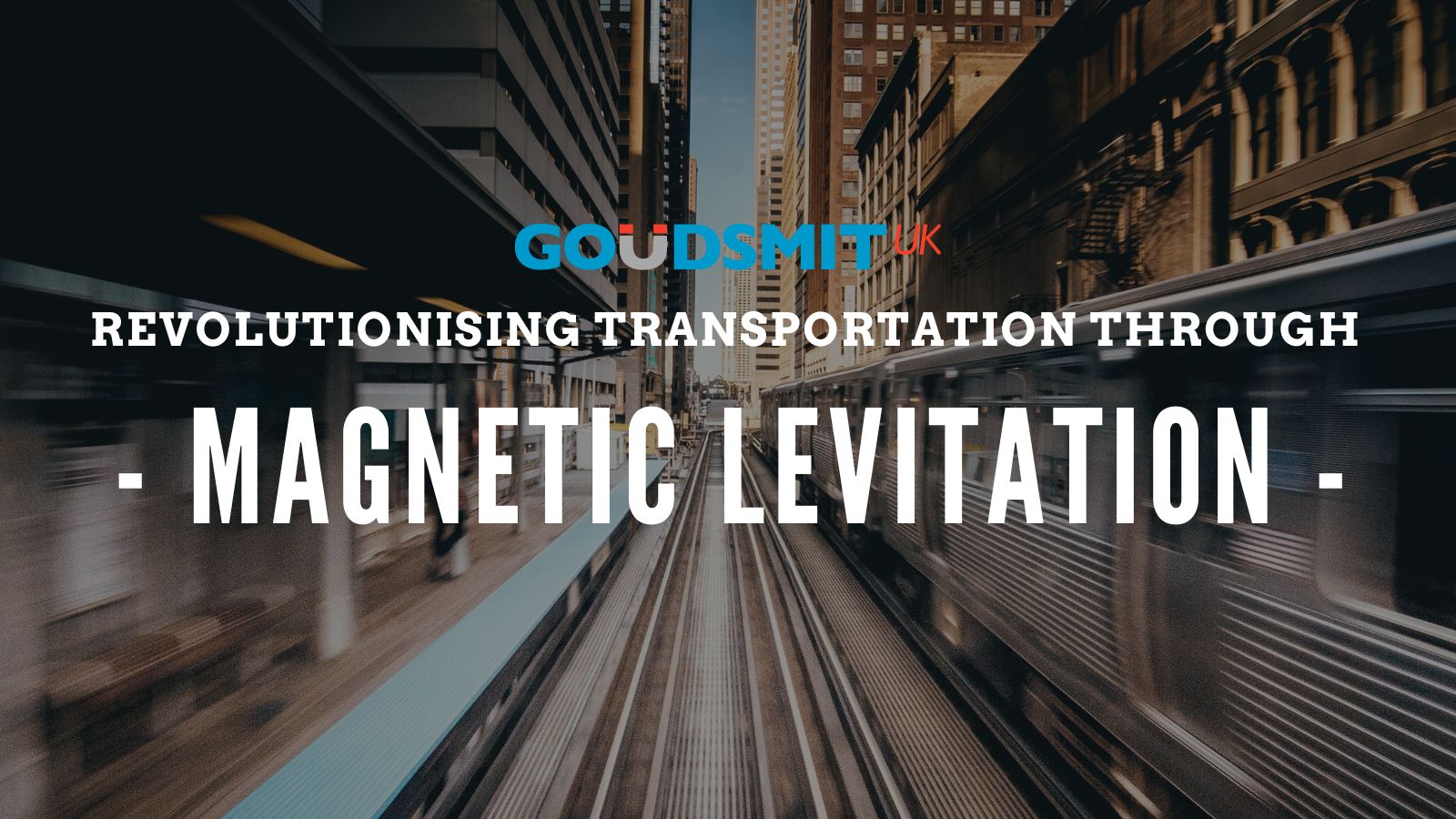The basics of magnetic levitation
Often referred to as the technology of the future, magnetic levitation (Maglev) involves suspending objects without any assistance, aside from magnetic fields. Magnetic fields are used to counteract the effects of gravity, and any other accelerations involved. Essentially, for magnetic levitation to work there are three main processes:
- Levitation
- Propulsion
- Guidance
Magnetic levitation applications
The most common application for magnetic levitation is Maglev trains. Maglev trains are already operational in countries like China, Japan, USA, Germany, Israel, and South Korea. In addition to Maglev trains, Maglev has several applications planned for the future. We take a look at these proposed applications below.
Space launch system
For years now, NASA has been trying to implement Maglev technology into their space programme. The concept is to utilise the high-speed generated through Maglev transportation, to ‘fling’ the spacecraft into the lower Earth orbit. Moreover, the proposed concept involves building a launch track, 20,000 feet high for cargo only. With this use of magnets, the spacecraft has the potential to reach a speed of 18,000 mph. However, this project would be highly expensive, costing almost £20 billion.
Personal flying pods
American company, SkyTran, has largely proposed taking Maglev off the ground. The company proposes autonomous vehicles being suspended over congested streets. Each private pod could carry 3 passengers and reach a speed of 150 mph. The system takes you to your destination, bypassing the unnecessary stops along the way. If this technology succeeds as planned, it could reduce road congestion significantly alongside cutting down CO2 emissions.
Floating cities
A Chinese architect has designed a concept “Heaven and Earth”, which essentially is a moving magnetically levitated island in the sky. The concept comes equipped with mountains, green forests, and also urban centres.
The architect has justified this concept by equipping the underside of the donut shaped platform with strong magnets that will repel Earth’s magnetic field. The circular platform can rotate, generating energy from their spins, thus creating a completely sustainable society.
Yes, the idea seems pretty far-fetched, and it’s likely that the current generation won’t be alive to witness such an event.
Efficient wind power
The rate of conversion of wind energy into usable power by standard wind turbines is only 1%. The high losses occur mainly due to friction, which occurs as the turbines spin. Researchers have estimated that magnetically levitated turbines could boost up that wind power generation up to 20%.
Therefore, Maglev technology could potentially provide a noise-free environment, have a low maintenance cost, and will be relatively inexpensive to operate.
Goudsmit UK
High performance magnets from Goudsmit UK are used daily in hundreds of industrial applications worldwide. Modern machinery and techniques are also employed to deliver high-performance, cost-effective products.
For more information visit our magnetic products page or download our products and services brochure.
Contact our team at info@goudsmit.co.uk or on +44 (0) 2890 271 001.







